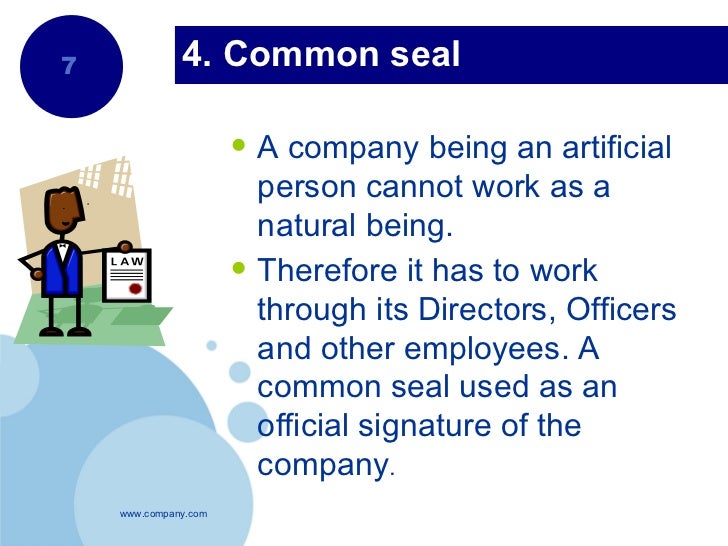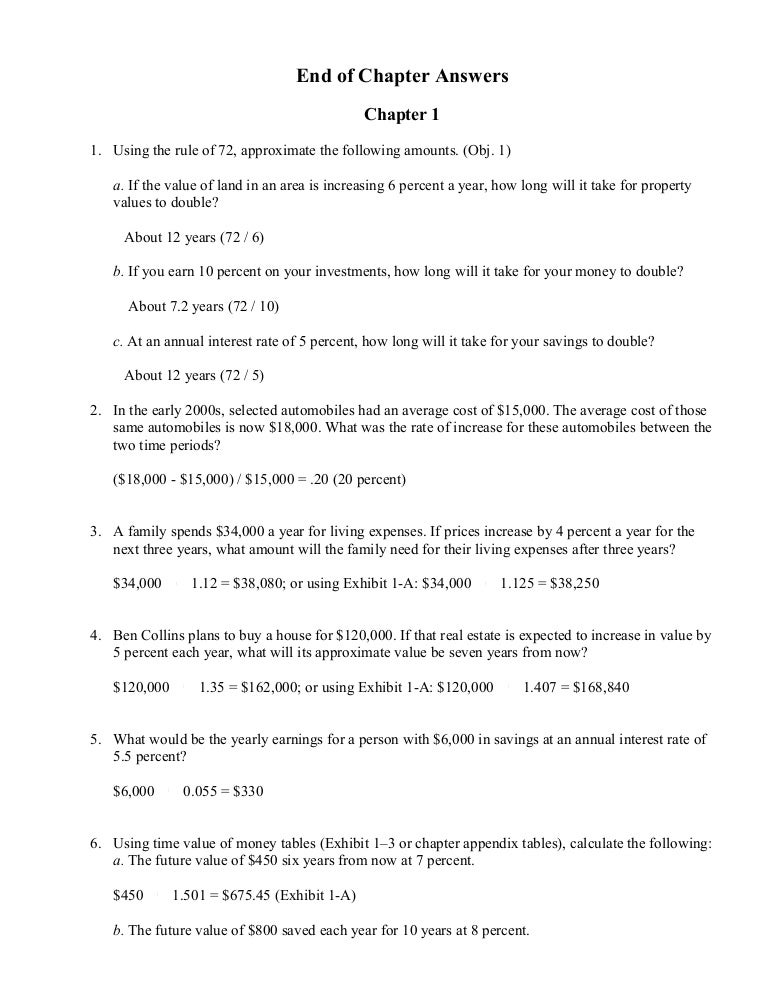
What happens when a company shareholder dies? What does it mean to transfer shares? Can a shareholder become a shareholder? What is disposition of shares on death?
When someone who owns shares in a company dies , those shares , like all property, are put into trust for the beneficiaries until all the property in the estate is determine debts are repaid and the remaining property can be distributed. The trust is managed by the executors of the will, if there is one, or by administrators if there is not. If the remaining shareholders decline to take up the offer, the shares can be transferred to a third party. Provisions in the articles and shareholders ’ agreement for dealing with the death of a shareholder 1. Permitted transfers.
The provision of permitted transfers of shares is a tax-efficient strategy that allows the. Upon the death of a shareholder , a compulsory offer provision. First steps – check the will, articles of association and any shareholders ’ agreement. Executors will naturally check. Second step – consider whether the articles (and any shareholders ’ agreement ) impact the deceased ’s wishes regarding the.
Third step – check for cross option agreements. The following might be useful as a starting point: The right of the PRs to become the registered holder of the shares and to receive the benefits of the shareholding. Specifically retain the right for the PRs to make the same transfers as the original shareholder could – for example, to.
When a shareholder dies the right to his interest in the shares will pass to whoever inherits them under his will or intestacy. Do you wish to transfer the shares ? After the death of the sole shareholder is registere if the beneficiaries wish to have the shares transferred , executor(s) are required to sign and complete a stock transfer form(s). Please return the completed stock transfer form (s) together with the original share certificate(s) for registration. Generally, shares of a deceased shareholder cannot effectively be transmitted to his or her heirs until a grant of probate or letters of administration has been obtained from the BVI court.
Furthermore, if the shares do pass under a will or intestacy rules, the deceased shareholder ’s personal representatives must provide the company with evidence of probate or letters of administration to prove their right to deal with the shares. Again, the sale process will be governed by the company’s articles. Death of a shareholder automatically triggers a compulsory offer round of the deceased’s shares to the remaining shareholders.
So, in the event of a shareholders death , not only will the life insurance policy provide the funds to the surviving shareholders for the purchase of the shares , but also the personal representatives can exercise an option for the remaining shareholders to purchase the shares (or the remaining shareholders can exercise an option for the personal representatives to sell the shares ). Alternatively, the existing shareholders may be entitled to buy the deceased’s shares, thereby preventing transfer of ownership to unknown third parties. On death, title to shares transfers automatically to the shareholder’s executors (or administrators where there is no will). This will occur, for example: when a shareholder dies, and leaves a will, their shares will be automatically transferred to the executor of the will.

Title to a deceased's property is determined by the last will and testament and not the grant. If the shares were held by more than one shareholder, when one of the shareholders dies if you’ve not already sent us an original death certificate we will need to see the following: – An original death certificate – All the share certificates that make up the holding so we can issue a new share certificate – Any dividend cheques that remain unbanked so we can issue new cheques Please note that we may need to charge a fee for re-issuing unbanked cheques. To transfer shares to a beneficiary, the company should be contacted and notified of the deceased. Transfer Upon Death.
This is done to obtain details about the shares and potential dividends. For example, stamp duty needs to be paid on unlisted securities. Time period is not defined for transmission of shares of deceased shareholder.

Section 1of the Act, deal with refusal of transfer.
No comments:
Post a Comment
Note: only a member of this blog may post a comment.